Description
How to preserve fruits and vegetables without electricity.
Introduction
Étape 1 - Concerning ambient preservation
Fruits and vegetables are all differents. That's why they need different environments, mainly based on ambient temperature, light and relative humidity.
ADVICE There are sometimes several ways to preserve fruits and vegetables. The best way to choose is to try !
Étape 2 - Concerning ambient preservation
An aerated shelter where insects do not have access. You can keep an eye on fragile food, mainly small fruits as bananas, berries, cherries, avocados. To avoid fruits and vegetables as tomatos and peppers wilting, place them next to some water to hydrate them.
ADVICE
Here, fruits mature. For faster maturation, place them next to an apple or a banana as they produce ethylene.
Étape 3 - To refresh vegetables
Evaporation creates fresh air. With a permeable material which lets water steam go, evaporation refreshes food. Faience is a kind or ceramics, permeable when it's not glazed. Among other things, it's used to do pots. This technique is called Zeer Pot and is composed of two ceramics pots, separated with humid sand.
ADVICE
Garden pots are deep. We use baskets to avoid crushed fruits. The temperature, between 10°C and 15°C (50°F and 59°F), can also preserve butter, milk and cheese a few days.
Étape 4 - To preserve in sand
Some vegetables can stay buried in the garden after their growth, to be protected from outside environment. Root type of vegetables are placed in the sand, dry or humid.
ADVICE
If you have a cat at home, it is highly recommended for your carrots that he does not have access to the sand.
Notes et références
This preservation module is one of the solutions proposed by alternative kitchens' project called "Bicep cultivatus" (https://www.facebook.com/pg/bicepscultivatus). This project is developed by Audrey Bigot, Antoine Pateau, Yoann Vandendriessche and Valentin Martineau, as part of POC 21 (http://www.poc21.cc)
Published
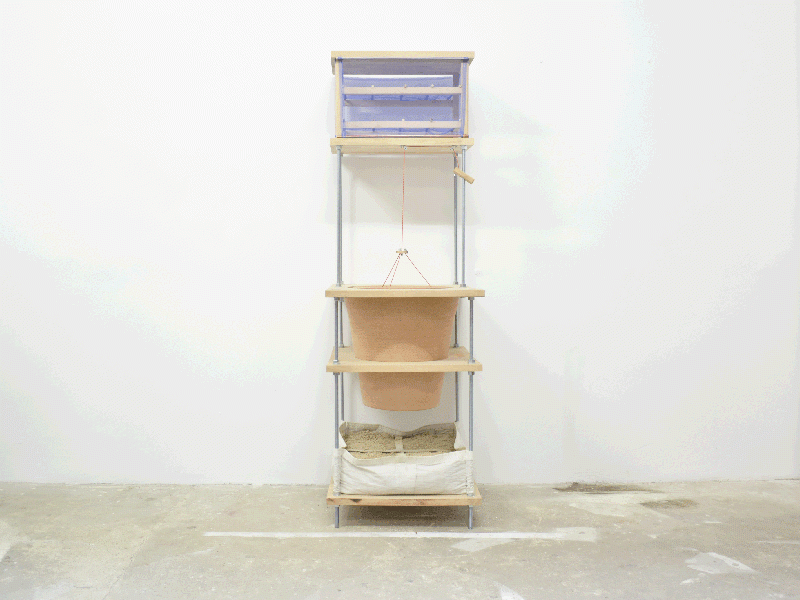
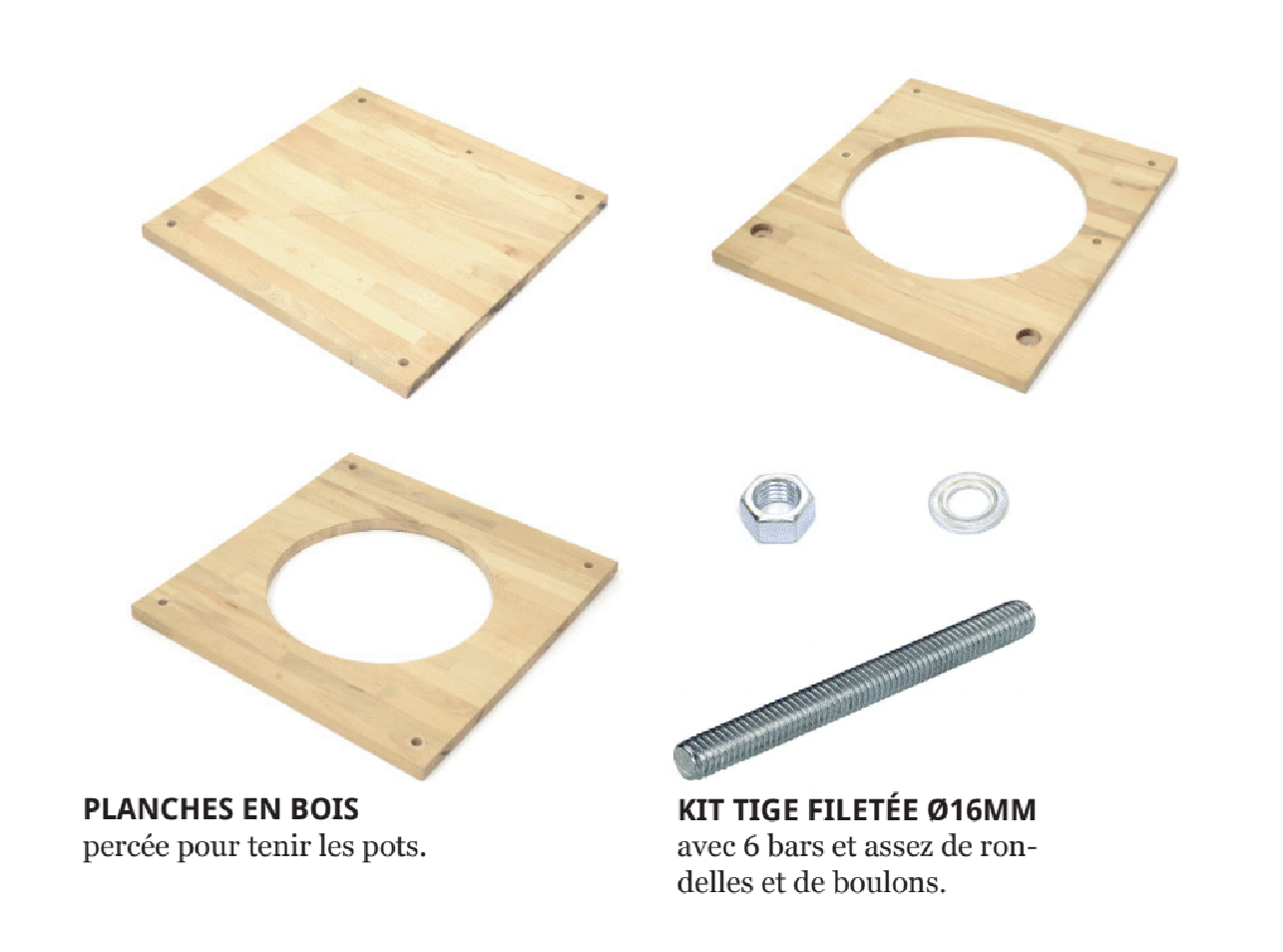
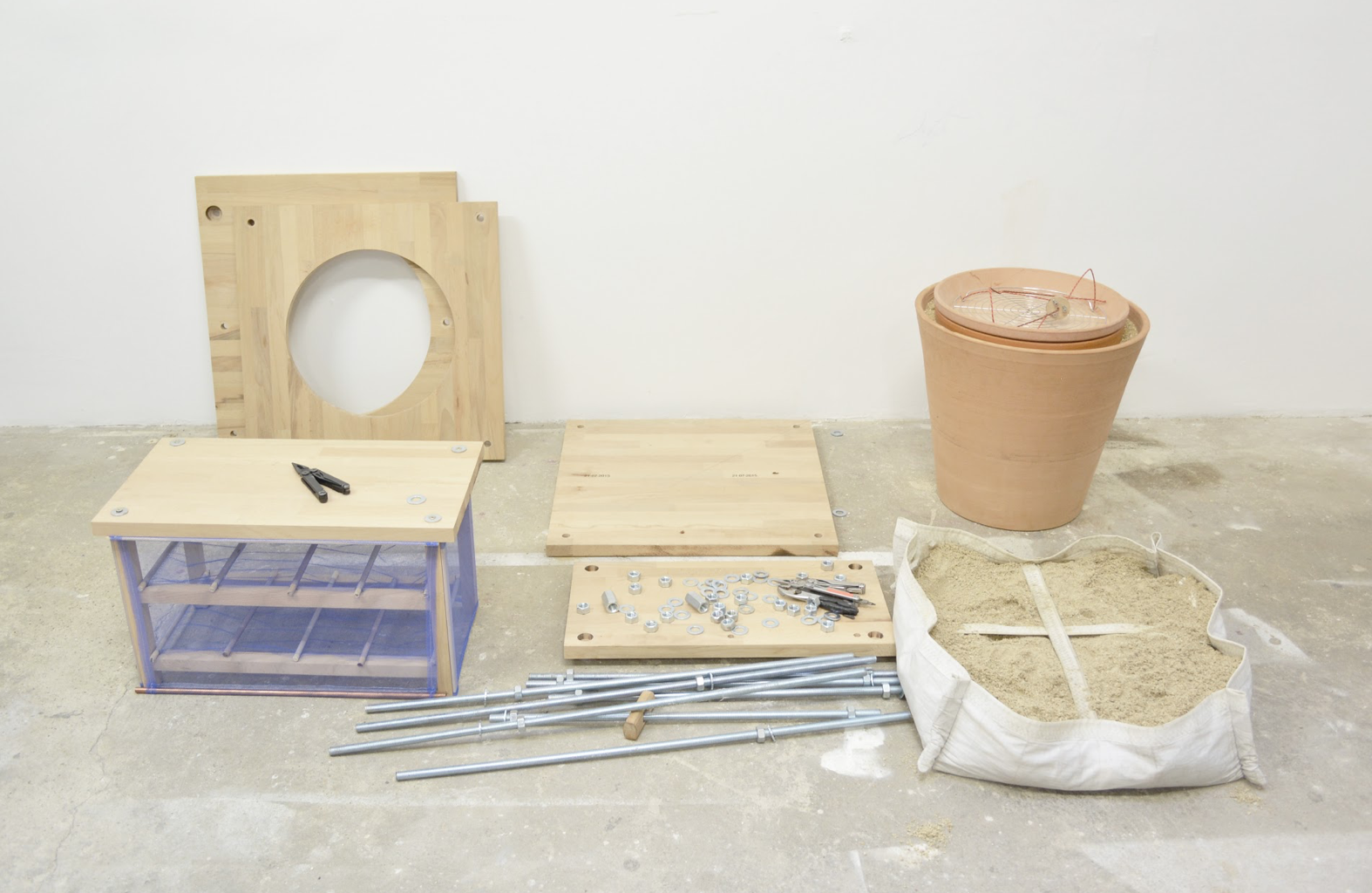

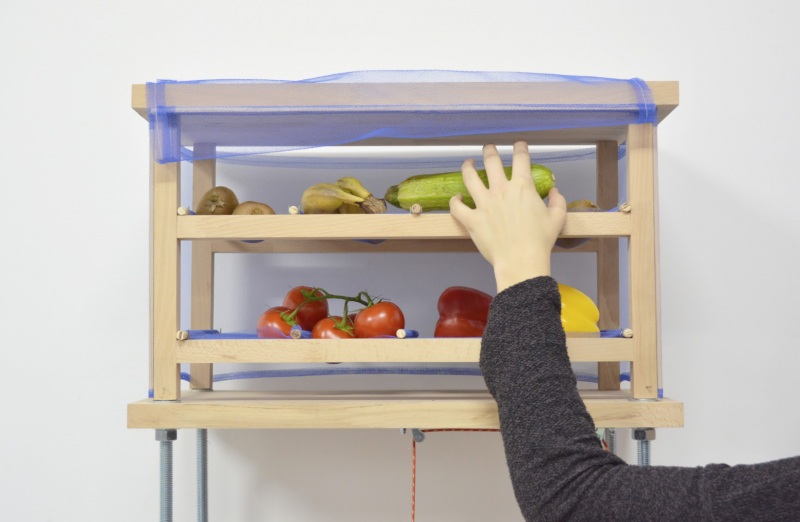
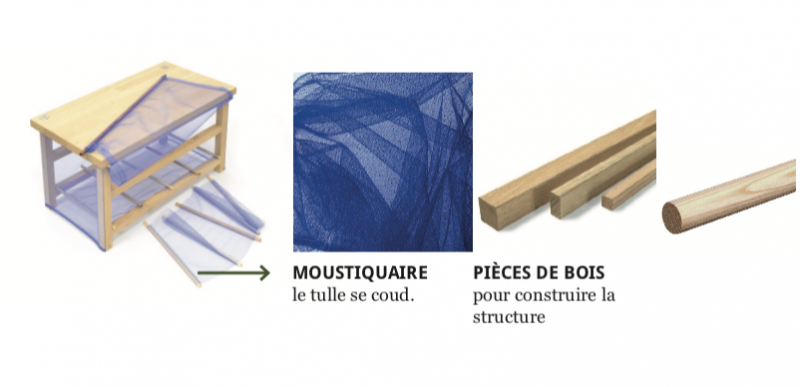
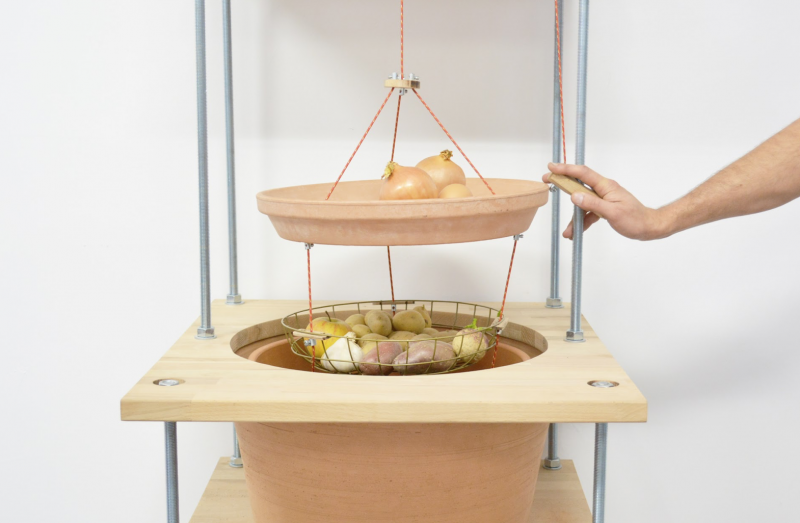
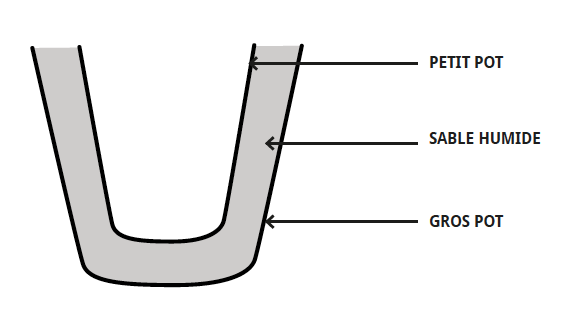
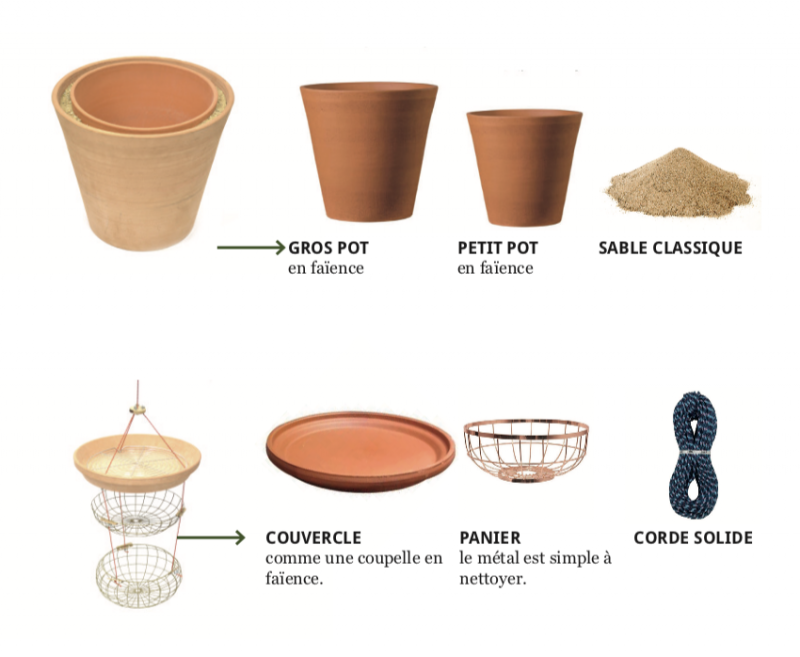
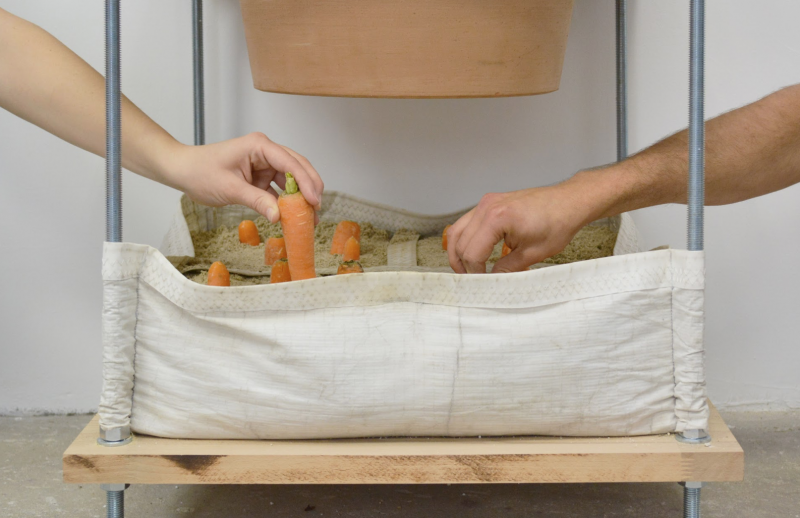
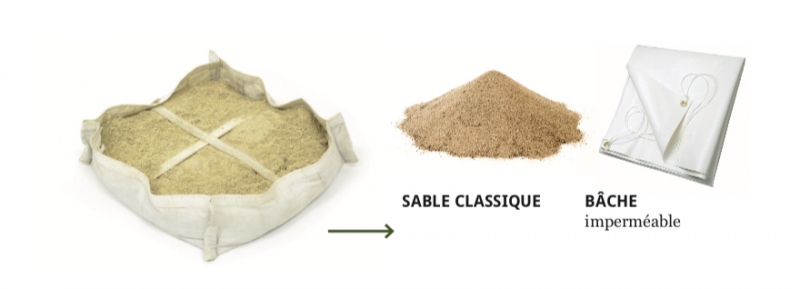
 Français
Français English
English Deutsch
Deutsch Español
Español Italiano
Italiano Português
Português